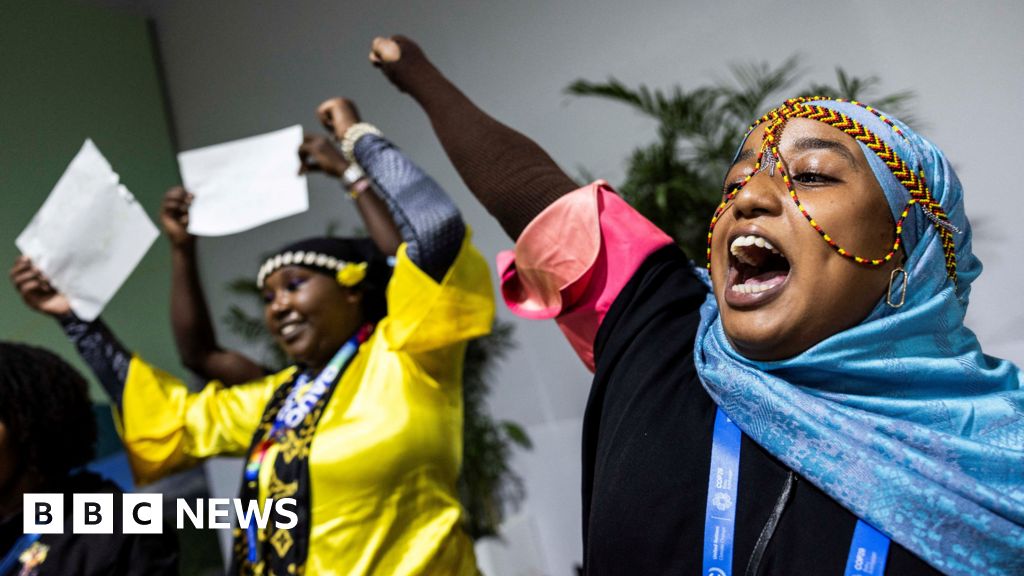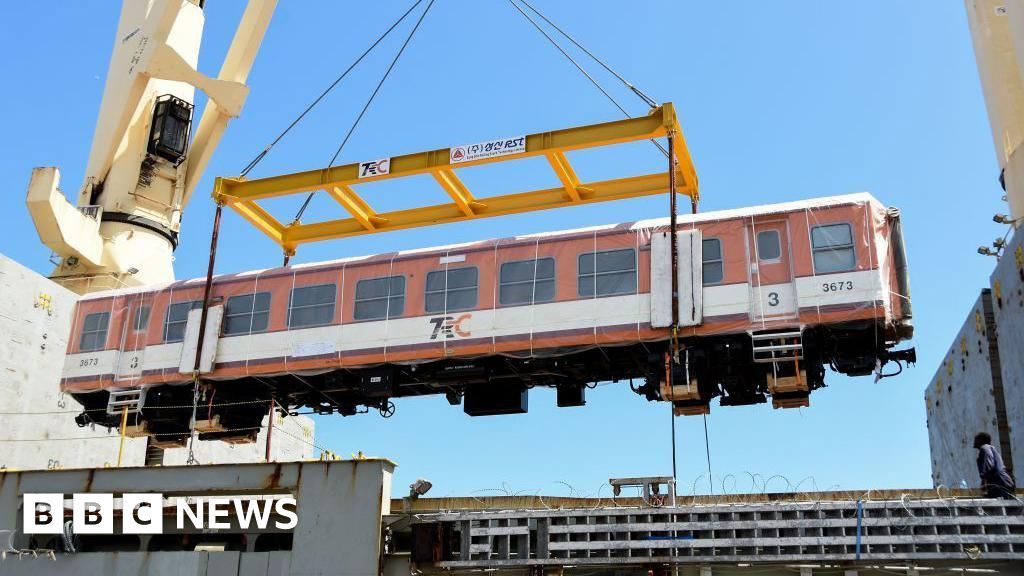You have a preview view of this article while we are checking your access. When we have confirmed access, the full article content will load.
Already crippled by years of economic decline, political paralysis and other crises, Lebanon has little but its own citizens’ grit to survive the Israel-Hezbollah conflict.

By Vivian Yee
Vivian Yee reported from Beirut, Lebanon, where she lived from 2018 to 2020.
- Published Oct. 1, 2024Updated Oct. 2, 2024, 10:59 a.m. ET
Even for the Lebanese, it can be hard to say where it all went wrong for their tiny, beautiful country.
Certainly it was long before early Tuesday morning, when Israeli troops marched into southern Lebanon. Long before Friday, when Israel assassinated Hassan Nasrallah, the revered and reviled Hezbollah leader who had a chokehold on the country’s politics and security for years.
And long before last October, when Hezbollah began firing at Israeli positions in support of Hamas, igniting an escalating tit-for-tat of airstrikes and rocket fire across the border that displaced tens of thousands of people on both sides — and that brought the war in Gaza to Lebanon’s green, fertile south.
Hezbollah, the Iran-funded Shiite Muslim militia that doubles as a major political party and social services organization, does not run Lebanon in any official sense. But under Mr. Nasrallah, it sometimes seemed as if it was the only force that mattered: a state within a state with its own military, schools, hospitals and youth programs.
Now his death has come as the latest thunderbolt to jolt Lebanon, a Mediterranean country of 5.4 million people already stuck in a dejected state of nonstop emergency.
Many say Lebanon’s current anguish began in 2019, when the economy imploded and took the country’s once-robust middle class with it. Mass anti-government protests that fall did nothing to dislodge the country’s widely loathed political class.

 1 month ago
21
1 month ago
21










 English (US) ·
English (US) ·